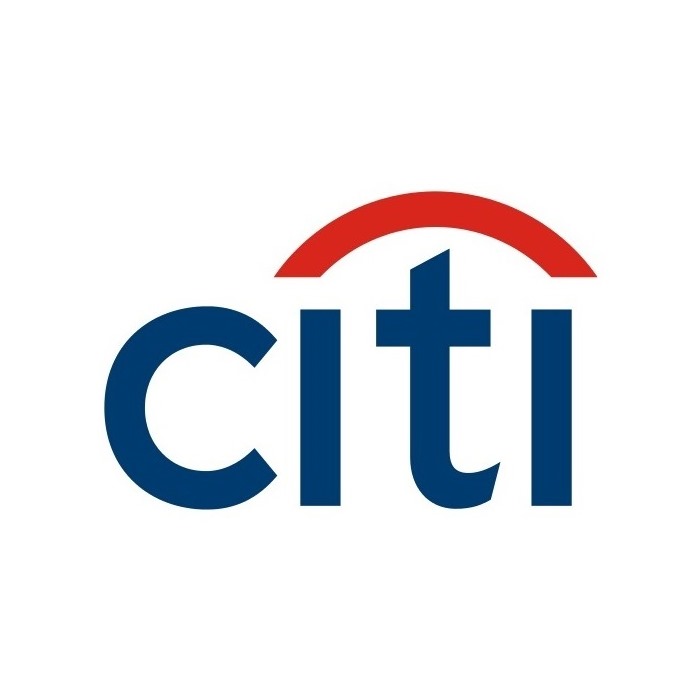Banking, finance, and taxes
What Does Citi's Firearms Policy Accomplish?

Published:
Last Updated:

The killing of 17 students at Marjory Stoneman Douglas High School in Parkland, Florida, last month has changed the tenor of the national discussion over firearms. The state of Florida has enacted legislation that tightens gun sales, and a number of retailers have adopted restrictions on sales. On Thursday, Citigroup Inc. (NYSE: C), one of the nation’s biggest banks, announced that it will require clients and partner firms to follow certain rules if they want to do business with Citi.
The bank clearly states that it has no interest in an “ideological mission to rid the world of firearms,” but that it wants to do its part “to prevent firearms from getting into the wrong hands.”
Citi said its new policy is based on current best practices for firearms sales and will “guide those we do business with as a firm”:
Under this new policy, we will require new retail sector clients or partners to adhere to these best practices: (1) they don’t sell firearms to someone who hasn’t passed a background check, (2) they restrict the sale of firearms for individuals under 21 years of age, and (3) they don’t sell bump stocks or high-capacity magazines. This policy will apply across the firm, including to small business, commercial and institutional clients, as well as credit card partners, whether co-brand or private label. It doesn’t impact the ability of consumers to use their Citi cards at merchants of their choice.
The bank noted that “existing technology in our industry doesn’t allow for a more targeted approach at points of sale,” a response to advocates for stricter controls who wanted credit card issuers to prohibit gun purchases with their cards. But the problem is more than just a technological one.
In some states, retailers are prohibited from discriminating against customers on the basis of age. That means that if Citi requires a partner to meet bank policies that conflict with state laws against discrimination, the bank could face legal challenges both from the partners and from persons under 21 who are not allowed to use a Citi-backed credit card to purchase a gun.
Citi expects some blowback both from backers of stricter gun control and backers of unrestricted access to guns, and the bank should begin to get it at any moment now. One side will accuse the bank of doing the least it could while the other will accuse it of trampling on individual rights. The National Rifle Association (NRA) has not yet weighed in on the bank’s announcement, but the group is not known for keeping silent on issues it believes it has a stake in.
The bank should get credit for being the first among its peers to take a position on the sale of firearms in the United States without explicitly hiding behind a lack of action at the federal level. A statement from Wells Fargo that it “believes the best way to make progress on these issues is through the political and legislative process” is both true and truly nonsensical. Citi’s action at least demonstrates the willingness to take a side.
Thank you for reading! Have some feedback for us?
Contact the 24/7 Wall St. editorial team.